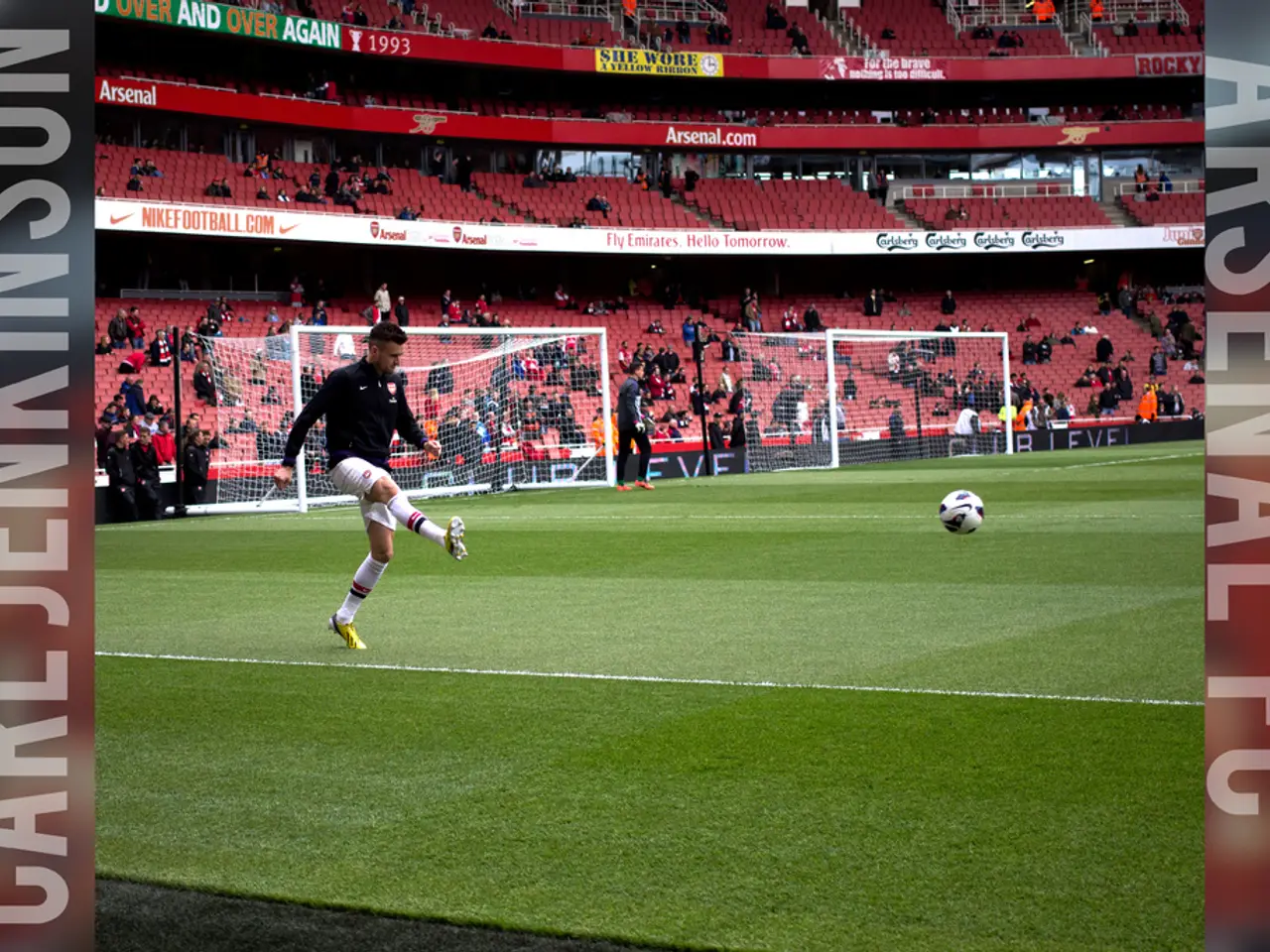Power struggle leaves lower class trapped amidst wealthy dynasties, according to Carvajal
In the heart of Southeast Asia, the Philippines finds itself at a political crossroads. The country, plagued by issues of mass poverty, lack of representation for the working class, and a reliance on foreign entities, is facing a critical juncture. The traditional choice between political dynasties, long criticized for serving their own interests, is no longer seen as a viable solution. Instead, a growing movement advocates for the establishment of a third political force, one that can offer fair representation for the marginalized sectors of society.
This new political force is envisioned to be a balanced governance, representing the interests of farmers, fisherfolk, industrial workers, employed professionals, small entrepreneurs, and many more. The key to its success lies in several strategic steps and considerations.
Firstly, a genuine coalition for reforms must be built. This coalition should transcend traditional political factions, uniting technocratic and populist leaders with a shared commitment to reform and social justice. Potential leaders include Vico Sotto, Chel Diokno, Benjamin Magalong, Bam Aquino, Risa Hontiveros, and Raffy Tulfo, who have the capacity to challenge entrenched political elites.
Secondly, the new movement must prioritize political renewal and institutional reform. The core demand driving the rise of a third force is institutional failure. By overhauling existing systems, the new force can restore public trust, ensuring accountability and efficient delivery of basic services.
Thirdly, the third force must leverage anti-establishment sentiment and grassroots mobilization. Political dissatisfaction among Filipinos is ripe for channeling into an alternative political force. Mobilizing grassroots support, especially among marginalized or excluded groups, will be crucial. This requires active engagement with communities, transparent messaging, and policies that prioritize marginalized groups' welfare.
Fourthly, a formal political party or coalition must be established. While the Philippines has a multitude of political parties, many are personality-driven rather than policy-oriented. A well-organized party or alliance with clear platforms focused on equitable representation is necessary.
Fifthly, legal and electoral reforms must be advocated for to facilitate fair representation. Structural barriers in the current political system, such as electoral laws favoring established parties, must be addressed through advocacy for reforms like proportional representation or party-list system improvements.
Lastly, the third force must offer policy platforms that address marginalized issues. The agenda should resonate deeply with underserved populations, championing comprehensive socio-economic reforms, tackling poverty, inequality, land reform, education, health, and indigenous rights.
In essence, launching a successful third political force in the Philippines requires a clear reformist vision, credible leadership, grassroots support, and advocacy for institutional changes to ensure marginalized communities are genuinely represented and empowered in governance. This approach follows global trends where anti-establishment movements have risen by addressing systemic failures and presenting a credible alternative to traditional political elites.
As the Philippines navigates its political landscape, the call for a third political force grows louder. The time for change is now, and the marginalized must seize this opportunity to create a balanced governance that truly represents them.
- To create a balanced governance representing the marginalized sectors of society, a successful third political force in the Philippines necessitates a clear reformist vision, credible leadership, grassroots support, and advocacy for institutional changes.
- The new political force should prioritize legal and electoral reforms to dismantle structural barriers in the current political system and secure fair representation, such as advocating for proportional representation or party-list system improvements.
- The third force's policy platform must address marginalized issues, championing comprehensive socio-economic reforms, addressing poverty, inequality, land reform, education, health, and indigenous rights, resonating deeply with underserved populations.







